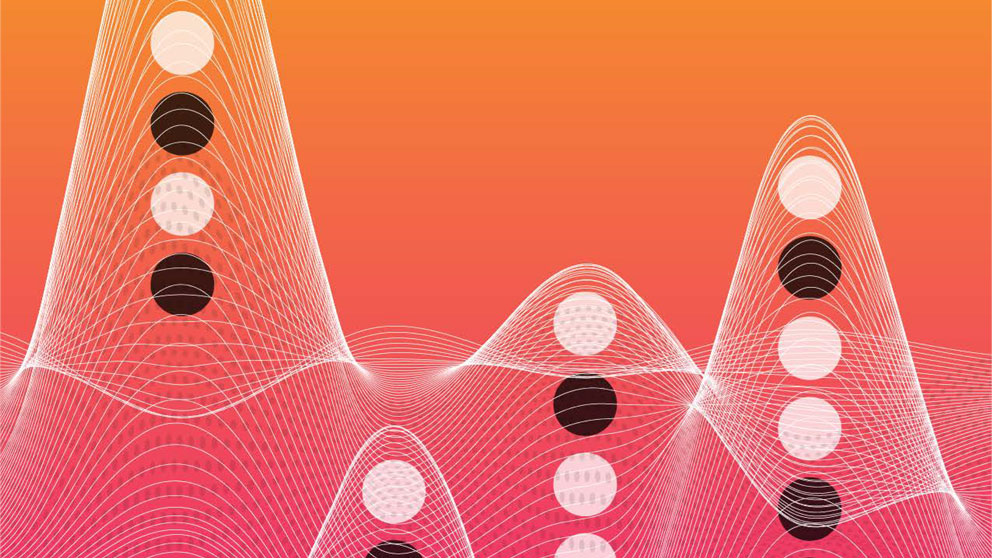
Taking advantage of the rapid progress in sequencing and analysis technologies and methods, researchers are able to investigate the mechanisms of cancer initiation and progression with ever-increasing depth and precision. What they discover doesn’t always make sense, however, at least at first.
For example, several cancers display massive genomic disruptions called chromothripsis, which literally means “chromosome shattering.” At the same time, other cancers, such as acute myeloid leukemia (AML), were found to have relatively few genetic mutations, yet remain difficult to treat in the clinic. Obviously different cancer-causing mechanisms are involved, but why can low-mutation cancers be so dangerous?
Further inquiry has shown several cancers, including AML, display Connecting genetics with epigenetics in acute myeloid leukemiaAcute myeloid leukemia (AML) is an aggressive, difficult-to-treat cancer. Nonetheless, researchers have found that there are not as many genetic mutations associated with AML as with most other cancers. Aberrant epigenetic patterning, on the other hand, is emerging as a hallmark of AML. aberrant epigenetic profiles . Epigenetic marks are chemical compounds on DNA that do not change the sequence but are important for regulating gene expression. Epigenetic dysregulation can therefore be an important cancer-driving mechanism. In “epihet for intra-tumoral epigenetic heterogeneity analysis and visualization,” published in Scientific Reports, a team led by Jackson Laboratory (JAX) details a new computational analysis package, called epihet, that automatically measures heterogeneity (differences) in cellular epigenetic profiles within tumors. It can also associate specific genomic locations where the differences occur to cancer-related biological function.
Heterogeneous epigenetic signatures that arise between cancer cells create important differences not detectable at the DNA sequence level, but that can underlie cancer therapy resistance and cancer recurrence. It is therefore crucial to evaluate these differences in cancers such as AML that are known to have high levels of heterogeneity within tumors. epihet automates the measurement of heterogeneity for a specific epigenetic mark—methylation at specific genomic sites—in addition to providing functional evaluation and visualization of results. In summary, it fills a need for a epigenetic heterogeneity calculation tool, providing a valuable new resource for researchers studying epigenetic differences within tumors.